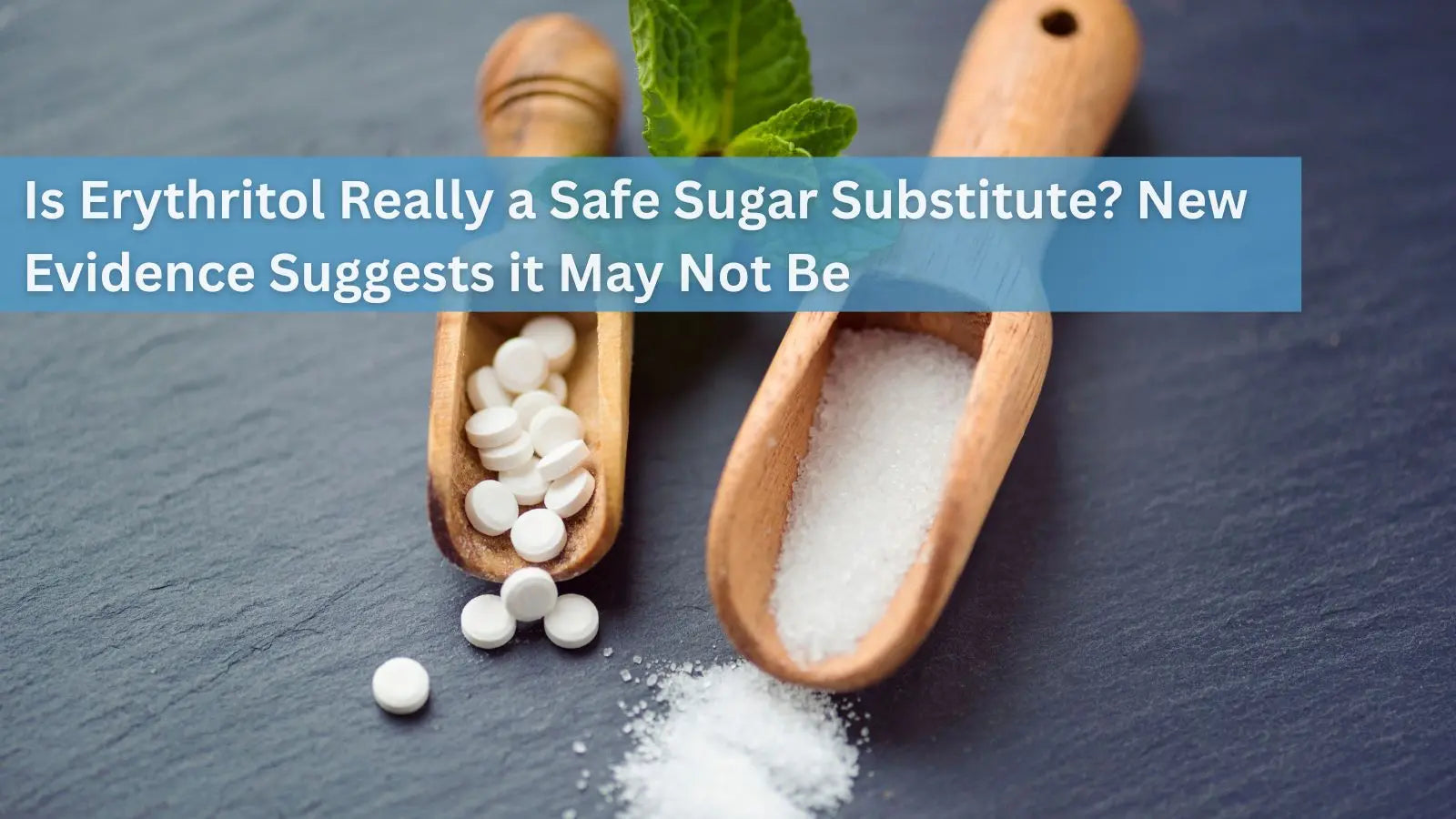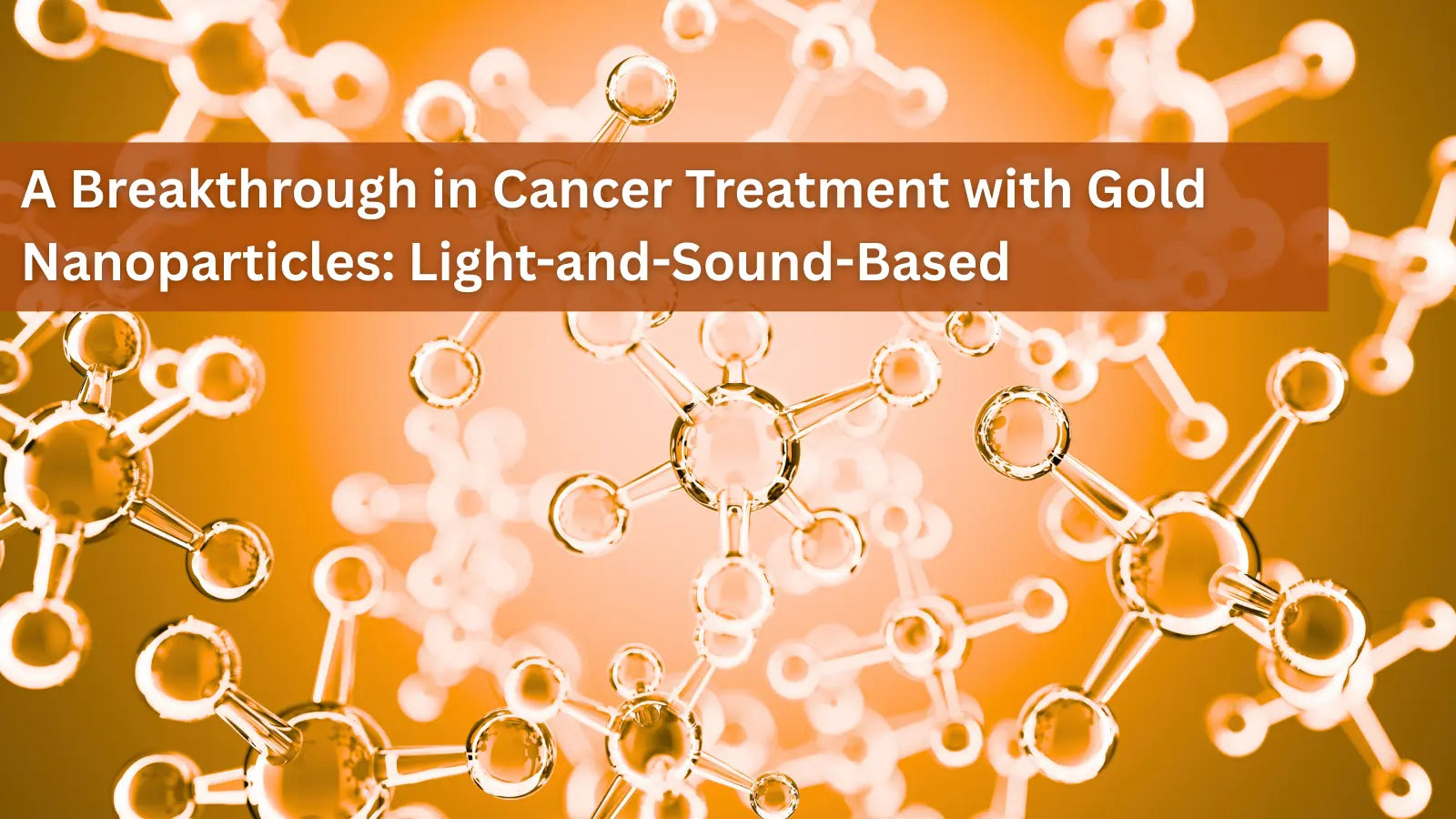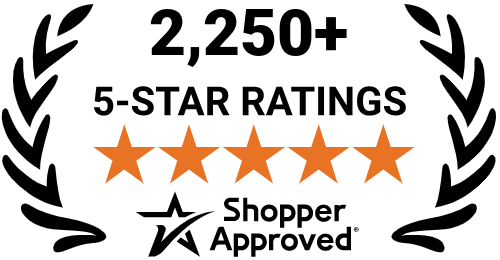Bill Gates–Backed Startup Sparks Debate With “Carbon-Based” Butter Alternative

A new lab-grown butter substitute from a California startup is stirring controversy well before it hits grocery store shelves. The company, Savor, describes its product as “butter made from carbon” — and it’s backed by billionaire philanthropist Bill Gates.
The rollout has been anything but smooth. Social media posts have fueled concerns about how the product was approved and how it will be marketed. One widely shared claim alleges that the U.S. Food and Drug Administration (FDA) approved the spread without independent safety testing, relying instead on company-supplied data. Some critics also claim it’s already being used in restaurants and bakeries without clear labeling — though these allegations have not been independently verified.
Industry Pushback
Savor’s launch comes as the American Butter Association (ABA) is lobbying the FDA to crack down on products it sees as blurring the lines between traditional dairy butter and alternative spreads. In a June 25 letter to the FDA’s Office of Nutrition and Food Labeling, the ABA emphasized that “butter” has had a strict legal definition in the U.S. since 1906: it must be made from milk or cream from a cow.
The ABA argues that some companies skirt the rules by using dairy-adjacent imagery — barns, butter pats, and other visual cues — while labeling their products as “dairy-free butter” or “79% plant-based oil spreads” in small print. Such tactics, they say, risk misleading consumers into thinking these products are nutritionally and legally equivalent to real butter.
“Using the label of ‘dairy free’ raises many concerns,” the ABA wrote. “Not only does it fool consumers into believing that a dairy-free version of butter could exist, but it also creates the impression that the product meets established butter standards when it does not.”
A Regulatory Gray Area
The FDA has yet to announce any enforcement action against Savor or similar companies. That leaves the product in a regulatory gray zone — legally able to be sold, but potentially vulnerable to future labeling restrictions.
For now, Savor is positioning its “carbon-based” spread as a climate-friendly innovation, though details about its production process remain sparse. Supporters say such alternatives could reduce the environmental footprint of dairy production. Skeptics, however, see it as another example of Silicon Valley overreach into the food system — and they’re pushing for stricter oversight.
Whether consumers will embrace “butter made from carbon” may depend less on its taste or texture and more on the outcome of the brewing battle over what can and cannot be called butter.
What is Carbon-Based Food?
In the context of Savor’s butter, "carbon-based" refers to the source of the carbon used to create the product — not necessarily human waste, as some sensationalized claims suggest. Carbon, an essential building block of life, is found in all organic matter, from plants to animals. It’s a crucial element for life on Earth, forming the backbone of proteins, fats, and carbohydrates.
For food innovations like lab-grown butter, carbon is often derived from renewable sources such as carbon dioxide (CO₂) captured from the air, or even from methane, which can be produced as a byproduct of waste. The goal is to reduce the environmental footprint of traditional food production, particularly in terms of greenhouse gas emissions.
In this case, the "carbon-based" butter is likely produced using fermentation technology, a method used to create a variety of alternative foods. This process involves feeding microorganisms like yeast or bacteria carbon-rich compounds (often sugars, though it could also include CO₂) in a fermentation tank. These microbes then convert the carbon into fats or proteins that can mimic the properties of traditional butter. The end result is a product that looks and tastes like butter, but without the need for cows, dairy farms, or the environmental impact associated with conventional dairy production.
Is Savor’s Butter Made From Human Waste?
While rumors and online claims have circulated that Savor's butter is made from human waste, there's no credible evidence to suggest this is the case. The key to these claims seems to lie in misunderstandings about how carbon-based food alternatives are produced.
The fermentation process used in some lab-grown foods may involve waste products like methane (a potent greenhouse gas) derived from livestock manure or food scraps. In some cases, waste products can be repurposed as carbon sources for fermentation. However, this doesn’t mean that the products themselves are made directly from waste, nor are they inherently unsafe or unpalatable. Many sustainable food companies are exploring how to use waste products from other industries to minimize environmental impact. This includes the food industry’s interest in using methane or CO₂ captured from natural processes or human activity, but not human waste itself.
To clarify, Savor’s butter is not made from human waste, but it might be produced using renewable carbon sources that could include captured CO₂ or other byproducts.
Why Does It Matter?
The growing interest in lab-grown, sustainable food options — including carbon-based alternatives like this — raises important questions about the future of food production. While the idea of eating food derived from carbon-rich waste materials might sound dystopian to some, these innovations could potentially offer solutions to pressing global challenges such as climate change and food security.
As with any new technology, transparency and regulatory oversight are key. It’s essential that companies like Savor disclose how their products are made and clearly label them so consumers can make informed choices. With a product like lab-grown butter, ensuring that labeling reflects both the ingredients and production methods will be critical to preventing confusion — and to maintaining trust.
5 comments

August 22, 2025
How to Detox Forever Chemicals from Your Body Naturally
Table of Contents: How to Detox Forever Chemicals: A Practical Guide What Exactly Are These Forever Chemicals? Why Are They So Tough to Get Rid Of? Strategies for How to Detox Forever Chemicals Step 1: Cut Down Your Exposure Step 2: H...
Read more
August 22, 2025
Is Erythritol Really a Safe Sugar Substitute?
If you're one of those unable to tolerate sugar alcohols, this finding might not surprise you. The FDA-approved in 2001, erythritol—a sugar alcohol sweetener— and deemed it generally recognized as safe (GRAS) . Since then and especially ...
Read more
August 22, 2025
A Breakthrough in Cancer Treatment with Gold Nanoparticles: Light-and-Sound-Based
In the ever-evolving field of cancer treatment, researchers are constantly looking for more precise, targeted methods to destroy tumors without causing extensive damage to surrounding healthy tissue. A new groundbreaking study from bio...
Read more





If you can’t find organic or raw butter locally, we highly recommend Amos Miller Organic Farm
Blech! My grandfather was a baker and he said, “There’s no substitution for butter.” I agree. Food in it’s purest form from nature is always going to be the healtjhies choice!
I wouldn’t dare touch or taste anything that has Bill Gates name on it. That man would want nothing more than to get rid of as many people as he can. He wants everything synthetic to poison us. I pray that people would wake up and see what he is all about. His goal is to depopulate mankind.
ShatterTheSwarm.com
Gates if the devil incarnate and anything that evil man touches is trouble for our society. Look at his part in the last 5 yrs. of our nations health from his shots.
Leave a comment